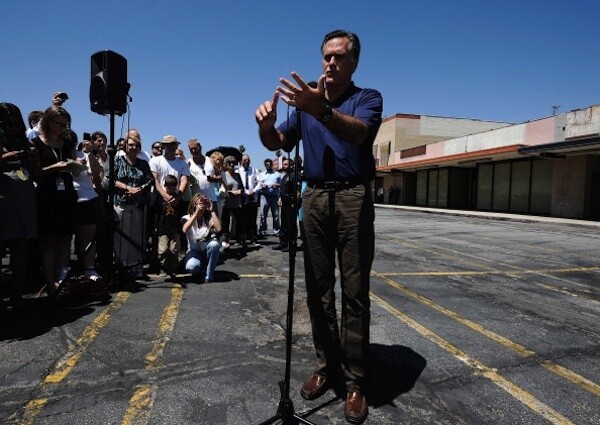2012 Republican June Primary: California Could Matter

Time for me to eat my words? I recently wrote about the importance (or lack there of) of California in presidential politics. I essentially argued that California's importance in the 2012 election was limited to that of an ATM machine -- candidates come here to raise money, but not to serious campaign for votes.
Was I wrong? Well, not with respect to the general election. With 55 electoral votes, California has more electoral votes than any other state in the nation. Based on registration numbers -- Democrats comprise 44% of registered voters, Republicans constitute approximately 31% of that population and decline to state voters make up a little over 20% of registered voters -- there won't be much of a dog fight for California in the general election.
However, California could play a role in picking who President Obama's opponent will be. California does not hold its primary election until June 5. Typically this is late enough in the primary season that the parties have already picked their nominees. Maybe not this time!
As Sherry Bebitch Jeffe recently blogged, the Republican needs to take California seriously this time around. If Romney does not sow up the nomination by June, which seems entirely possible, California and its 172 delegates (yes, you read that right, 172) will be vitally important.
In California, the candidate who wins a Congressional District (we have 53 districts) gets the three delegates in that district. Then the candidate who wins the entire state gets additional delegates.
Still, the June 5 election is a long way away, particularly in a presidential primary season. The chance that California voters will be kingmakers is highly unlikely. The possibility that California campaign donors will play an important role this election season remains, however, exceedingly so. Money is, perhaps increasingly, the lifeblood of campaigns and the Golden State continues to pump much of that supply.
Jessica Levinson writes about the intersection of law and government every Monday. She is a Visiting Professor at Loyola Law School. Read more of her posts here.


